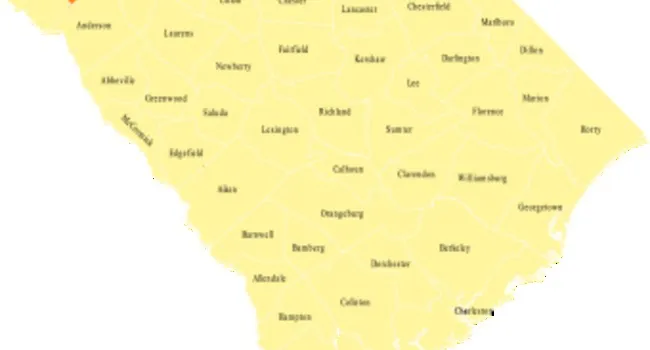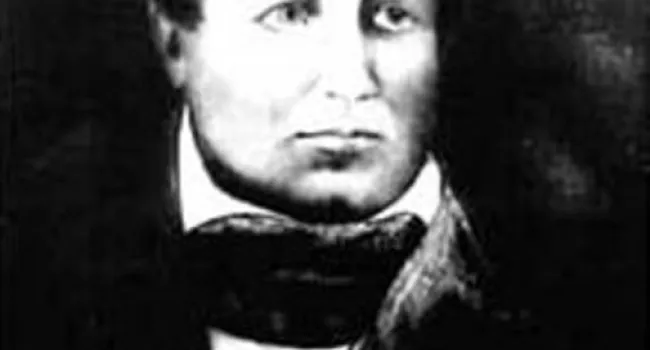"P" is for Praise Houses. “Praise houses” (sometimes called “prayer houses”) functioned on antebellum South Carolina plantations as both the epitome of slave culture and symbols of resistance to slaveholders’ oppressive version of Christianity. Generally simple, clapboard structures built by the slaves themselves, praise houses were erected with the knowledge of the master class. Meetings in the praise house usually occurred on weeknights, rather than Sunday mornings. The simple architecture of the praise house mirrored the style of slave religion. Enslaved Christians favored empty space over altars, kneelers, pulpits, and sometimes even chairs and pews. The resulting sparseness provided worshippers more room for “ring shouts” during the often all-night sessions of prayer and song. Following emancipation, some of these structures continued to serve the freedmen, providing them with a place for schools and public meetings.
Praise Houses | South Carolina Public Radio
Kaltura

















